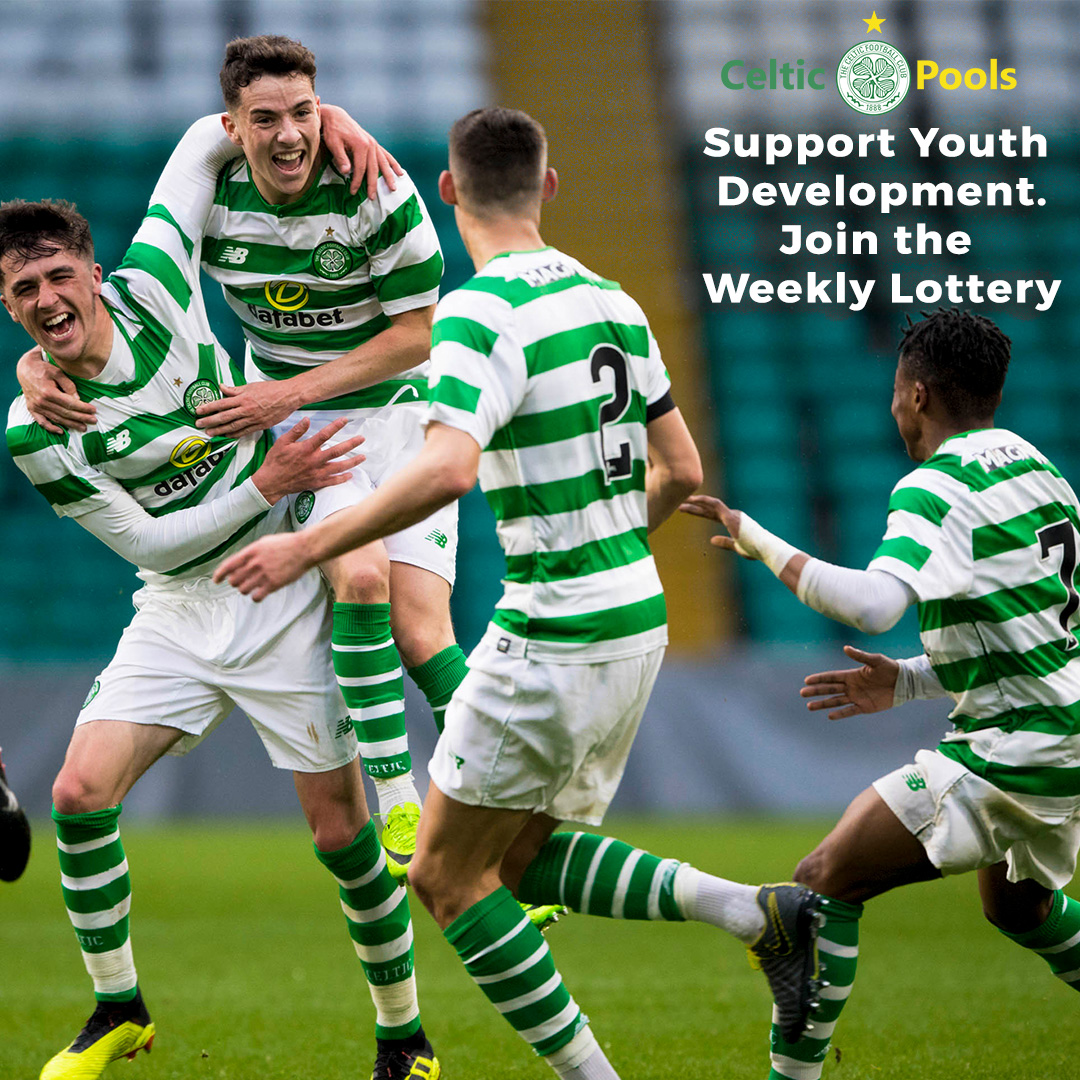How a Celtic player was cheated out of a national record and Jock Stein righted a wrong…
In his long career playing for his beloved Scotland, Kenny Dalglish would gain 102 caps, and in 1980 broke the record for consecutive caps gained in a blue shirt.
This magnificent feat, however, came four years later than it should have. But for a decision that defies belief to this day, Dalglish was denied an accolade that, completely coincidentally, was held by a Rangers player.
By 1976 Dalglish was not only a regular and a star for Celtic, but a first pick for Scotland and one of Europe’s finest strikers. He scored 32 times from 51 appearances in the 1975-76 season alone for Celtic, and played in 33 consecutive games for Scotland going back to the end of 1972.
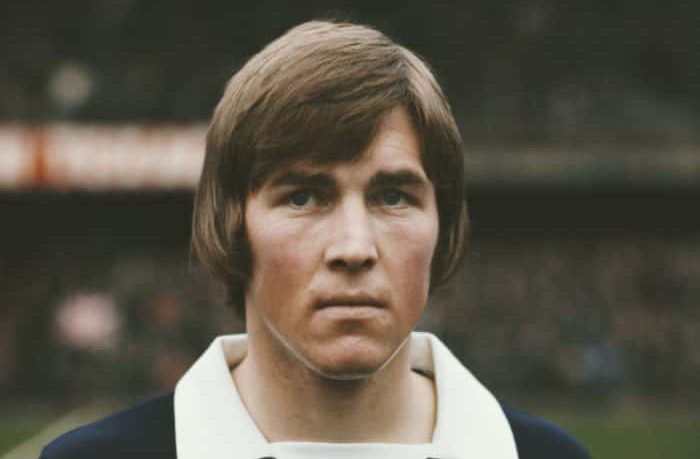
He was one of those players who picked themselves for the blue jersey, and was as important to the team as Billy Bremner and Danny McGrain. He played 11 times for Scotland in 1974, and 10 times in 1975, scoring six goals.
A stick-on then for selection for every game, regardless of the opposition.
But not against Wales in the Home Internationals on 6 May 1976 at Hampden Park. Instead, Dalglish was left on the bench by team coach Willie Ormond, and he didn’t come on at all during the encounter.
It would have been his 34th successive game for Scotland.
A Rangers player by the name of George Young had played 34 consecutive games for Scotland in the 1950s, which stood as the national record.
Young had captained his club to six Scottish League Championships, four Scottish Cup triumphs and two League Cup wins. He was a legend for both Rangers and Scotland and naturally lauded by the powers that be in Scotland.
But so, in the 1970s, was Kenny Dalglish.
The lingering suspicion is that Ormond was ‘leaned on’ not to pick Dalglish to preserve that record.
The former St Johnstone coach was well aware of the value of Dalglish to the national team – Dalglish had, after all, played in all three Home International games in the 1973, 1974 and 1975 championships, and been picked for friendly matches – such as the one against Switzerland in April 76 – where he could easily have been left to warm the bench.
Stephen Murray, in his excellent book Kenny of the Celtic, notes the coaching staff failed to even afford to Dalglish the courtesy of explaining to him why he was on the bench after 33 successive appearances.
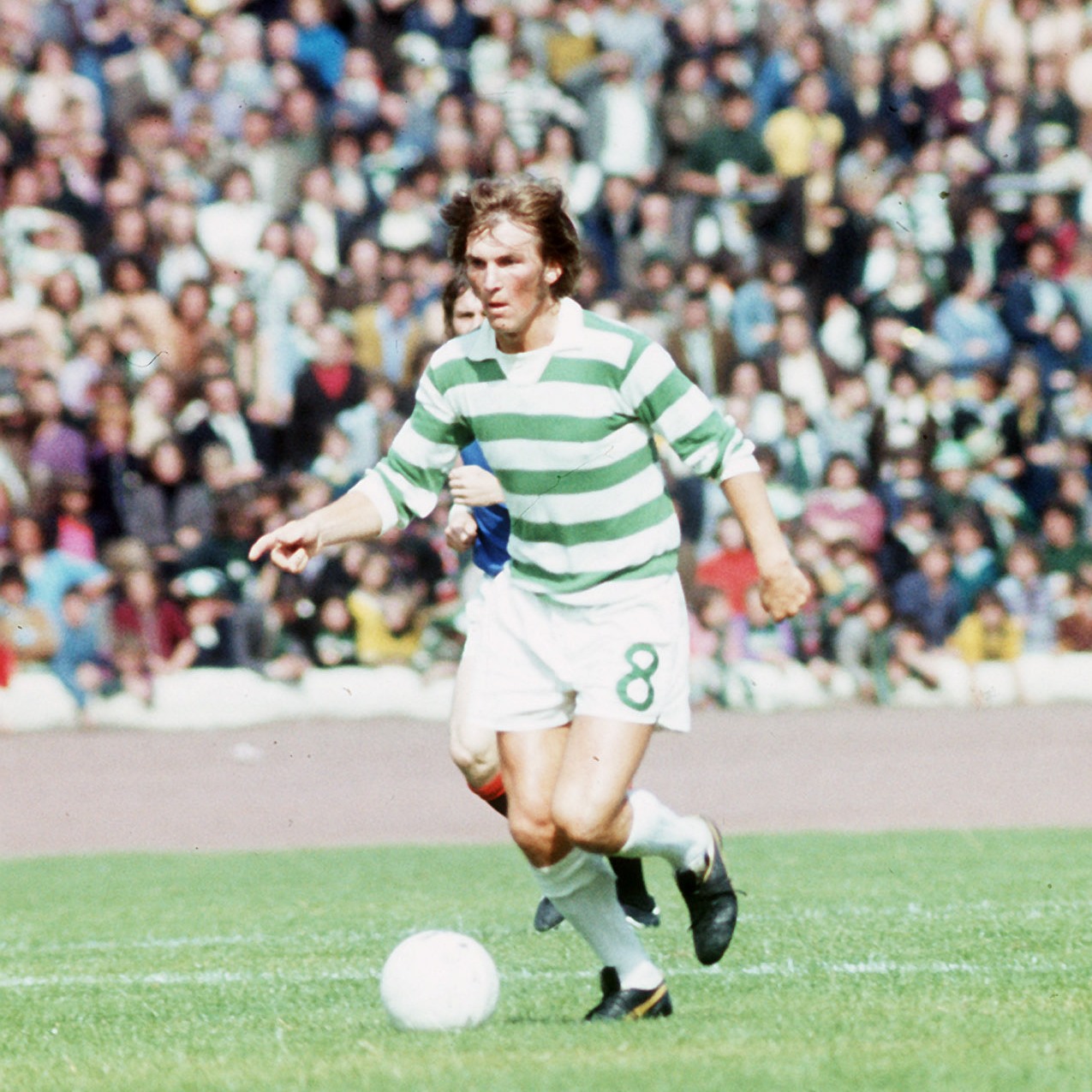
In any other country, a player, on the cusp of such a feat wold have been paraded before the start, given a bouquet of flowers and milked the adulation of the crowd (most of it anyway). Dalglish could have made a late appearance from the bench to ensure the record was set. The match programme omitted the possibility of the record being broken.
Murray noted that: “He had given his all for Scotland, faithfully turning up to play in the low-key friendly games which Anglo-Scots players were notorious for missing.”
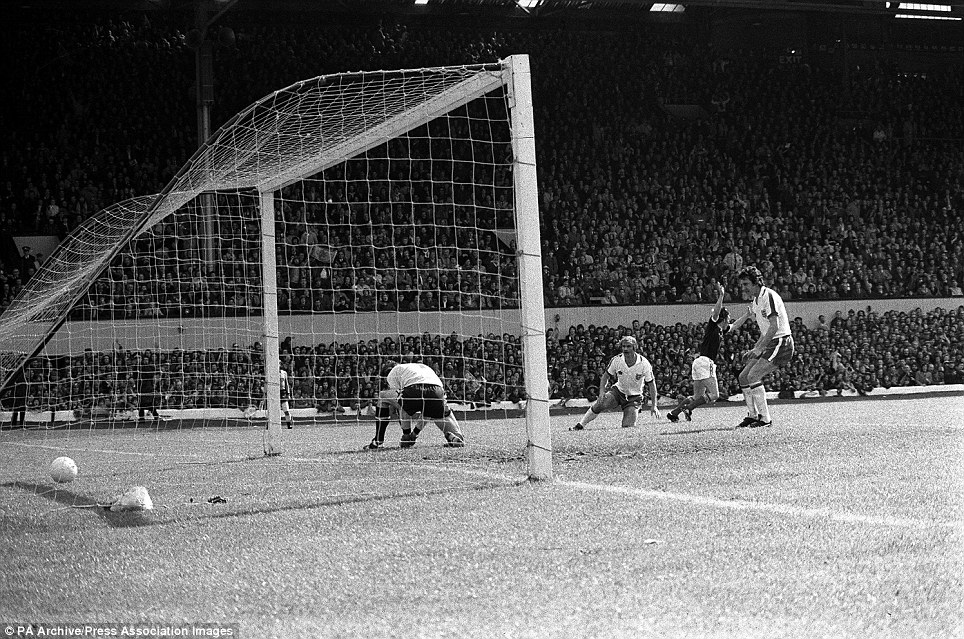
There was little possibility of Dalglish struggling with an injury: two days later he started against Northern Ireland, scoring in the 3-0 victory and a week after that game he struck the ball between the legs of the hapless Ray Clemence for a famous 2-1 victory against England at Wembley. (When Dalglish scores and runs away celebrating you see some of the young supporters in the Celtic End, I’m in the front row, had a great view of that goal! – Ed)…
It wouldn’t be the first time a Celtic player had been overlooked by Scotland – Johnstone, Gemmell and most of the Lisbon Lions had gained few caps in favour of lesser men from the then struggling team on the south side.
Perhaps there were some mitigating factors in Ormond’s mind, however.
In the friendly match against Switzerland in Glasgow, which Scotland won by a solitary strike from Willie Pettigrew, Dalglish had, by his own account, a stinker of a game, and was substituted. He had been booed by certain Scottish ‘supporters’ who then cheered when he was taken off. Was there a feeling Dalglish had let the side down and that Ormond succumbed to the boo-boys?
Could Ormond have been resting Dalglish for the rest of the tournament? Perhaps, but it was crucial that Scotland got off to a good start against the Welsh and Dalglish would be key to that. And why only Dalglish – of the starting 11 against Wales, 10 began against Northern Ireland.
But the theory isn’t universal with The Celtic Star’s David Potter even poo-pooing the ideas, telling me:
“I’m afraid I find this whole idea rather hard to believe. Scotland’s Manager at the time was Willie Ormond, a man with no connections to either Celtic or Rangers, and I cannot believe he would go along with any idea such as this. It may be that Willie genuinely felt that Kenny could do with a rest.”
Here are the match highlights with Willie Ormond being interviewed at the end, mentioning Dalglish…
But, as noted earlier, the dubious decision was all for nothing in the long run. Starting with the Northern Ireland tie, Dalglish would go on to play in 34 successive matches for his country, reaching the landmark against Portugal in 1980 and taking Young’s record, and extending that to 43 the following year.
The coach during this period was a certain Jock Stein.
Craig Stephen
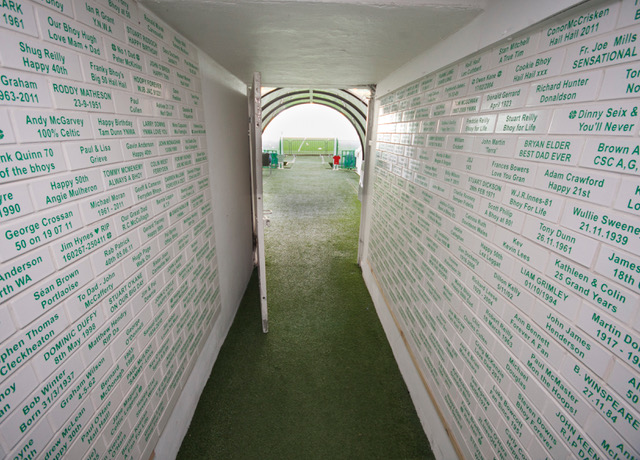
Take The Celtic Star’s Photo Tour of Celtic Park and enjoy our stunning photos from inside Paradise RIGHT HERE, RIGHT NOW.
Support Celtic Youth Development
Help raise money for Celtic Youth Development by joining the £1 weekly lottery and you could win up to £25,000 – just click on any one of the photographs below to join. Lots of our readers have already done so and they’re now doing their bit to help fund Celtic Youth Development that can deliver the stars of tomorrow and beyond. And you might even win a few bob too! And a special thank you to all The Celtic Star readers who have already signed up and are now supporting youth development to give us the Celtic Stars of the future…
Invincible author Matt Corr’s names his @CelticFC Legends…https://t.co/AHlwWQZ9ez @Boola_vogue @lcafiero
— The Celtic Star Editor (@CelticStarMag) March 27, 2020
“La Marseillaise” – Celtic’s French Connection and the pain they’ve inflicted | The Celtic Star https://t.co/6WZIStbUzi
— The Celtic Star Editor (@CelticStarMag) March 27, 2020


